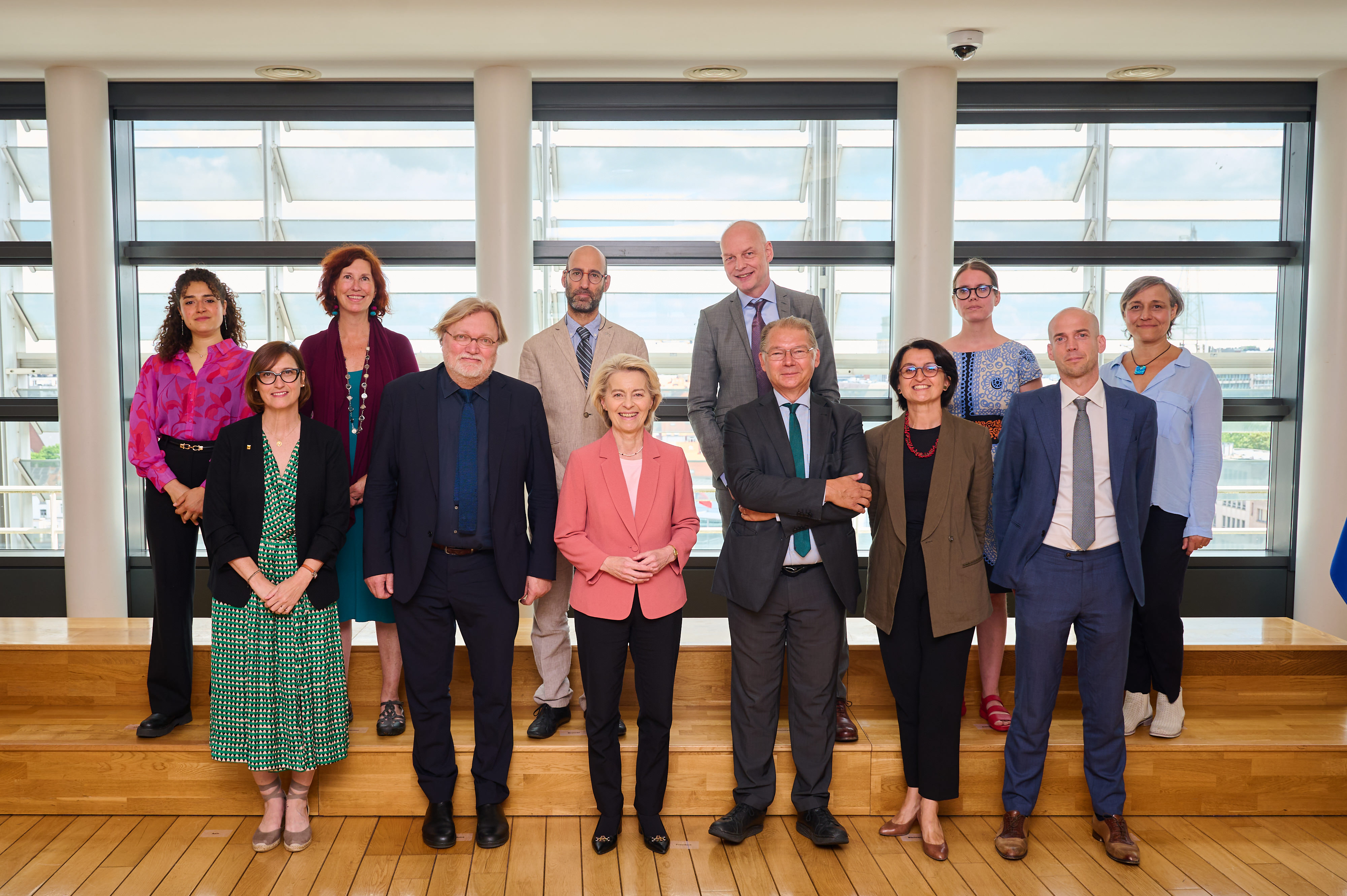Today, directors of the Green 10, of which HEAL is a member, met with European Commission President von der Leyen and shared civil society’s recommendations for policy action.
In the run up to the Second World Health Organization Global Conference on Air Pollution and Health, HEAL has co-initiated a call urging governments, world leaders and decision-makers to commit to strong, bold actions to ensure clean air for all.
The a call to action is still open for endorsement by health organisations and individuals in the run up to the March 2025 WHO conference. HEAL members European Respiratory Society and European Lung Foundation are also co-initiators.
Air pollution is affecting the health of billions of people across the globe. It is responsible for the deaths of at least 7 million people globally every year, with the vast majority due to noncommunicable (chronic) diseases such as cardiovascular and respiratory diseases and lung cancer.
Breathing polluted air damages every organ in the body – not just our lungs, but the heart, circulation, kidneys, livers, eyes, bones, and many more. Air pollution impairs thinking, affects behavioural development in children and contributes to dementia in older people. Pregnant women face higher risks of complications like stillbirth and miscarriage. Babies are more likely to be born early or small, increasing their chances of becoming sick later in life.
“Air pollution affects everyone and disproportionally those most vulnerable, such as those already ill, children, elderly, pregnant women, and those facing health inequalities. The good news is that health impacts from poor air quality are largely preventable, through decisive policy action from the local to the international levels. This decisive action will also help address socio-economic health inequalities and reduce the burdening economic cost of air pollution “
Sophie Perroud-Akkerman
The actions called for include:
- enforcing robust measures to stop polluting the air, cutting emissions at source, and swiftly achieve the full implementation of WHO global air quality guidelines;
- ensuring a just and inclusive clean energy transition and fossil fuel phase out in a fair and equitable manner;
- strengthening actions for clean air, better monitoring and surveillance, and institutional capacity to limit air pollution and mitigate climate change;
- increasing domestic and international funding to elevate clean air as a priority on global and national health and political agendas
Find the call here


